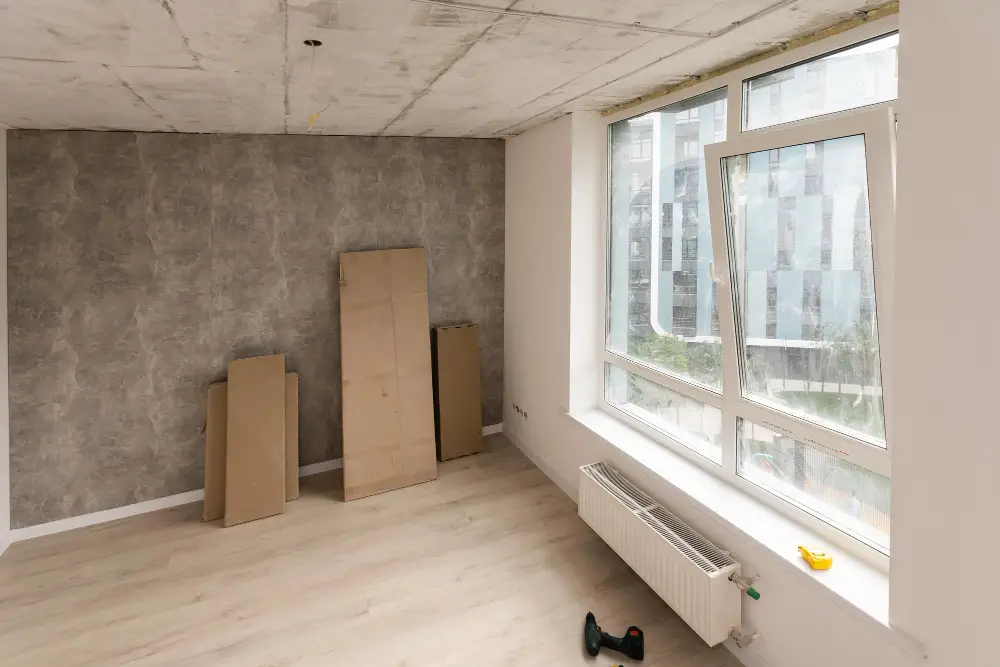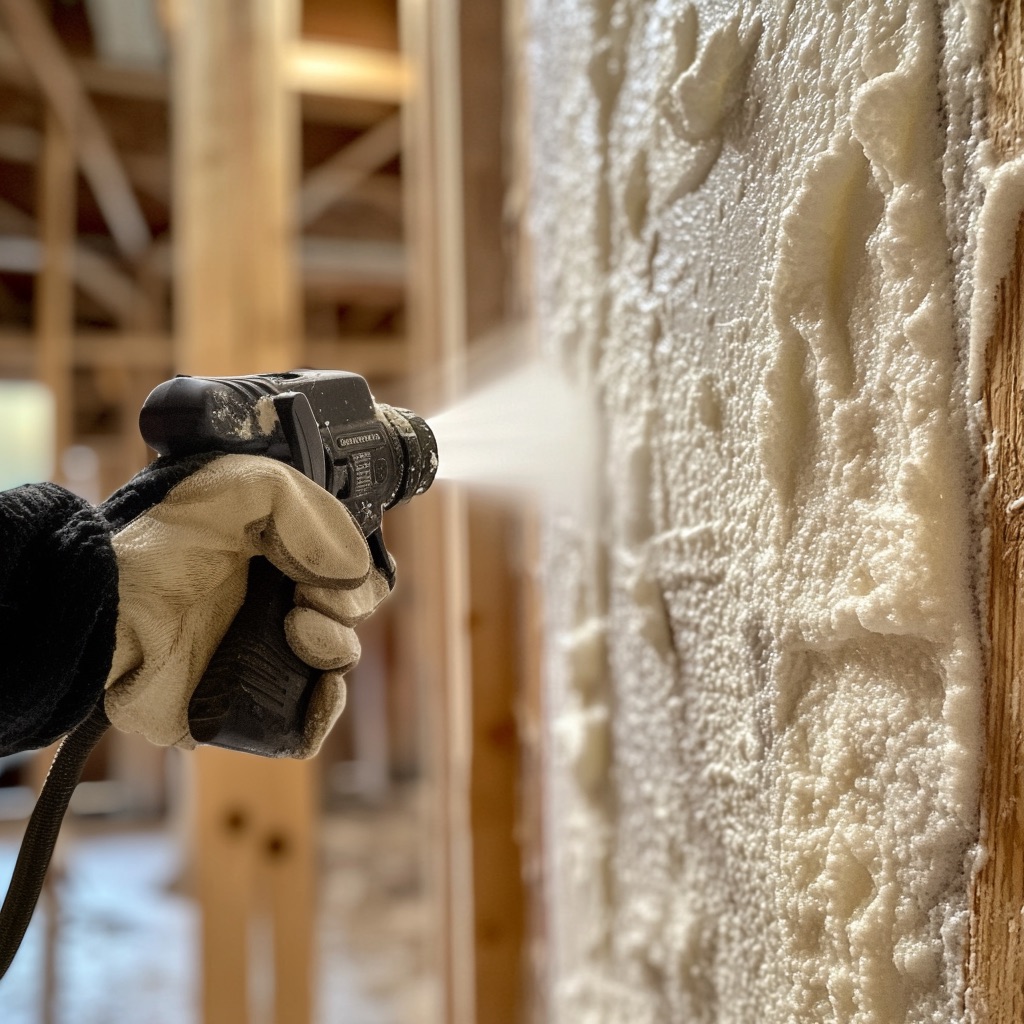Home renovation projects can be exciting ventures, offering the opportunity to transform living spaces and enhance overall quality of life. Whether it’s a minor update or a major overhaul, careful consideration of key factors is essential for a successful outcome.
From setting clear goals to understanding regulations and assessing structural needs, here are the crucial elements to contemplate before diving into a home renovation project.
Setting Clear Goals

Setting clear goals is fundamental to the success of any endeavor. By defining specific, measurable, achievable, relevant, and time-bound (SMART) objectives, individuals and businesses can establish a roadmap for progress and track their accomplishments. Clear goals provide direction and serve as motivating forces, aligning efforts and resources toward desired outcomes.
Whether in personal development, project management, or marketing strategies, the act of setting clear goals encourages focus, clarity, and a sense of purpose, ultimately paving the way for success and fulfillment.
Budgeting and Financial Planning
Budgeting and financial planning are crucial components of personal and business success. Individuals and organizations can effectively manage their income, expenses, and investments by creating a comprehensive budget and long-term financial plan. This process involves assessing current financial positions, setting realistic financial goals, and allocating resources strategically.
Furthermore, regular monitoring and adjustments to the budget and financial plan enable adaptability in response to changing circumstances or unexpected events. Ultimately, effective budgeting and financial planning foster financial stability, reduce debt, and pave the way for achieving long-term aspirations.
Researching and Hiring Professionals

When undertaking a home renovation project, one critical consideration is researching and hiring professionals who can bring your vision to life. Selecting the right professionals for the job is instrumental in the success of a renovation project. Thorough research should be conducted when choosing contractors, architects, and designers.
Location is also vital, especially when you need to contact your renovation specialists. If you’re located in the Australian state of New South Wales, and seeking an interior designer, it’s essential to explore the local talent pool to find the right fit for your project.
Look for a Lambton, Charlestown, or Newcastle interior designer near you and discover professionals with the right expertise and style to suit your renovation project. Interviewing multiple candidates, checking references, and reviewing past work is also advisable to ensure a good fit.
Building a reliable and competent team from your local talent pool is crucial for the smooth execution of the renovation.
Understanding Permits and Regulations
Understanding permits and regulations is essential for individuals and businesses embarking on construction, renovation, or development projects. Navigating the intricate web of building codes, zoning laws, and permit requirements ensures compliance with legal standards and safeguards against potential liabilities.
Engaging with local authorities and regulatory bodies to gain clarity on the specific mandates and procedures relevant to the project’s location is a crucial step in avoiding costly delays and legal issues. Prioritizing a thorough understanding of permits and regulations not only facilitates smooth project execution but also fosters a reputation for responsible and ethical practices within the community.
Assessing Structural and Functional Needs
Assessing structural and functional needs is a pivotal stage in the planning and execution of construction, renovation, or interior design projects. This process involves evaluating the specific requirements for the physical layout, infrastructure, and operational aspects to ensure that they align with the intended purpose and comply with safety standards.
By conducting a comprehensive assessment, stakeholders can pinpoint crucial elements such as spatial configurations, accessibility, utilities, and technological integrations, allowing for the development of well-informed plans that cater to both present and future needs.
Additionally, this approach lays the groundwork for efficient resource allocation, effective project management, and the creation of spaces that foster productivity, comfort, and functionality.
Selecting Materials and Design Elements
Selecting materials and design elements is a pivotal aspect of any construction or interior design project, influencing the aesthetics, functionality, and durability of the final outcome. This process involves considering factors such as quality, sustainability, cost-efficiency, and compatibility with the overall design vision.
By conducting thorough research and staying updated on the latest trends and innovations in materials and design, stakeholders can make informed decisions that align with their objectives while meeting safety and regulatory standards.
Moreover, a thoughtful selection of materials and design elements can contribute to creating spaces that reflect the desired aesthetic appeal, support environmental sustainability, and enhance the overall user experience.
Managing Timelines and Project Scope
Establishing realistic timelines and managing the project scope are key to keeping the renovation on track. Creating a detailed project timeline and addressing potential delays proactively can help minimize disruptions. Effective communication with the project team, including contractors and designers, is pivotal for ensuring that the renovation progresses smoothly.
Considering Lifestyle and Future Resale Value
Renovation decisions should not only align with personal preferences but also take into consideration potential impact on lifestyle and future resale value. Finding a balance between trendy design choices and timeless elements can contribute to long-term satisfaction with the renovation. Additionally, considering how the renovation will affect the home’s resale value is prudent for homeowners planning to sell in the future.
The Takeaway
Embarking on a home renovation project requires thoughtful deliberation and strategic planning.
By carefully considering these key factors – setting clear goals, budgeting, researching and hiring professionals, understanding regulations, assessing structural needs, selecting materials and design elements, managing timelines and project scope, and considering lifestyle and future resale value – individuals can set the stage for a successful and rewarding renovation journey.
Recap




